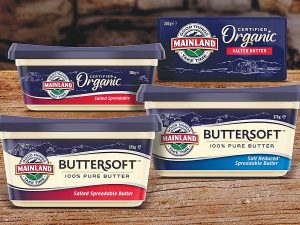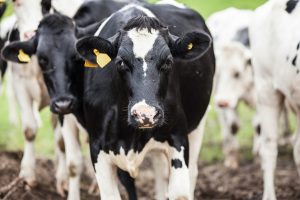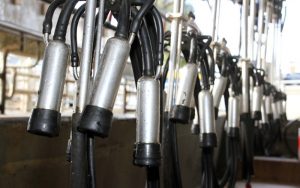
A New Zealand Farmers Weekly Opinion Piece Argues That Foreign Ownership of Farmland and Agribusiness Is a Major Threat to National Economic Sovereignty.
A recent opinion piece in New Zealand’s Farmers Weekly raises a powerful and contentious point about the nation’s agribusiness sector. The author argues that a growing trend of foreign investment, which has secured major stakes in or outright ownership of core rural businesses, is a serious threat to national economic sovereignty. The author contends that while New Zealanders are known for their hard work and for “growing” their exports, the profits and control over those assets are increasingly “owned overseas.”
The article provides a striking list of New Zealand primary sector companies that have been fully or partially sold to foreign interests over the past 14 years. These include influential entities that represent the heart of the country’s rural services, dairy, meat, and horticulture industries. The piece highlights that many of these sales were a result of financial pressures, such as unserviceable debt and a reluctance by local shareholders to inject new capital, forcing cooperatives to seek offshore investors.
This debate touches on a long-standing point of contention in dairy economics. The article notes a historical irony: while early farmer-owned cooperatives were established to break the dominance of foreign “meat barons,” many of today’s cooperatives are now being sold to international buyers. The author finds it surprising that while many New Zealanders are vocal about preventing foreigners from buying farmland, there is less public opposition when core processing and servicing businesses are sold off.
The author argues that this issue is not just about the primary sector but reflects a broader national problem of tight access to capital within New Zealand. Directors, faced with the fiduciary duty to act in their company’s best interest when challenged by debt, often see foreign investment as one of their few viable options. This is a crucial piece of data journalism that explains why these transactions are happening, even if they are politically unpopular.
Ultimately, the article frames this trend as a potential long-term risk for New Zealand. While foreign ownership can bring business as usual in the short term, the author questions who truly benefits from the country’s high-quality food production. This debate is a microcosm of a global challenge where countries are weighing the benefits of foreign capital against the desire to maintain control over their most vital assets, a key issue for the international agribusiness community.
Source: Farmers Weekly, “Grown in NZ, but owned overseas”
You can now read the most important #news on #eDairyNews #Whatsapp channels!!!
🇺🇸 eDairy News INGLÊS: https://whatsapp.com/channel/0029VaKsjzGDTkJyIN6hcP1K

























